WELCOME BACK
LET'S CONTINUE YOUR JOURNEY!

Answers: Is it working?
Measure your performance and be accountable. This is about having a sense of winning and losing. It’s about knowing that you’re moving forward, or knowing when you’ve stalled so you can adapt accordingly.
Score refers to how we recognize and keep track of what is most important along our Journey to Purpose.
An easy way to keep Score is to ask ourselves if we are moving in the right direction and at the right speed.
Media is infinitely consumable. Knowing how you score whether media is worth your time can help you determine what to focus on and what to ignore.
Note: Reflection is critical to the learning process. It taps into our Spiritual Intelligence, an inner awareness that lies below the level of consciousness (learn more). It also triggers emotions which create neurological connections, or cognitive markers that facilitate memory (learn more). Sometimes these reflection opportunities may seem silly or unnecessary. But the science shows it will increase both memory and understanding. All of your reflection entries are captured in your Life Journal, which you can access at any time here or from the Command Center.
We have the freedom and power to choose what we pay attention to and keep score of.
Picking the right things to keep score of can eliminate distractions and keep us moving forward on our Journey to Purpose.
Keeping Score generates feedback about how we have improved.
It is also a powerful motivator for us to push past obstacles and be resilient on our personal journey.
When keeping Score, we must ask two questions: “Am I moving in the right direction?” and “Am I moving fast enough?”
These questions help us stay focused on our goals.
Answering the two questions, “Am I moving in the right direction?” and “Am I moving fast enough?” will help you identify
if you are grounded, circling, stalling, or cruising. From there, you can adjust as needed as you pursue your objectives.
When we aren’t moving in the direction we want, or at the speed we want, we are “grounded.”
Sometimes we ground ourselves intentionally, other times it’s not our choice and we feel stuck.
We don’t always need to “fly” every moment of our lives to move forward—sometimes waiting on the ground is the best preparation to fly tomorrow. Sometimes we choose not to “take off” and remain grounded in certain parts of our lives because this day or moment is not the right time to fly.
Note: Reflection is critical to the learning process. It taps into our Spiritual Intelligence, an inner awareness that lies below the level of consciousness (learn more). It also triggers emotions which create neurological connections, or cognitive markers that facilitate memory (learn more). Sometimes these reflection opportunities may seem silly or unnecessary. But the science shows it will increase both memory and understanding. All of your reflection entries are captured in your Life Journal, which you can access at any time here or from the Command Center.
When we are going in the right direction but we are not getting there fast enough, we are “stalling.”
The strategy to get out of a stall is to stabilize by changing our initial approach so we can gain speed and continue toward our objectives.
Stalling is a condition when you’re moving so slowly that you can’t sustain the “lift” under your wings to stay aloft. In life, stalling occurs when we are making so little progress along the path we’ve chosen that we struggle not to go into an emotional spin and crash—mentally, physically, emotionally or spiritually.
Note: Reflection is critical to the learning process. It taps into our Spiritual Intelligence, an inner awareness that lies below the level of consciousness (learn more). It also triggers emotions which create neurological connections, or cognitive markers that facilitate memory (learn more). Sometimes these reflection opportunities may seem silly or unnecessary. But the science shows it will increase both memory and understanding. All of your reflection entries are captured in your Life Journal, which you can access at any time here or from the Command Center.
When Score suggests we are “circling,” we have high speed but low direction.
This can show up as recurring habits, frustrating results, or other situations that happen again and again.
Sometimes we are circling because we’ve lost track of our compass or landmarks that tell us we’re not moving forward. Sometimes it’s intentional—we’re not quite ready to move on. Sometimes we’re circling because we are struggling to let go of or break away from something that keeps pulling us back.
Note: Reflection is critical to the learning process. It taps into our Spiritual Intelligence, an inner awareness that lies below the level of consciousness (learn more). It also triggers emotions which create neurological connections, or cognitive markers that facilitate memory (learn more). Sometimes these reflection opportunities may seem silly or unnecessary. But the science shows it will increase both memory and understanding. All of your reflection entries are captured in your Life Journal, which you can access at any time here or from the Command Center.
We say we are “cruising” when we are moving in the right direction at the right speed toward our objectives.
When we reach this goal, we know we are aligned with our identity and moving along our Journey to Purpose as planned.
Score brings together essential feedback, choice, identity, and alignment
to what matters most along our Journey to Purpose.
There was a problem reporting this post.
Please confirm you want to block this member.
You will no longer be able to:
Please note: This action will also remove this member from your connections and send a report to the site admin. Please allow a few minutes for this process to complete.

Responses